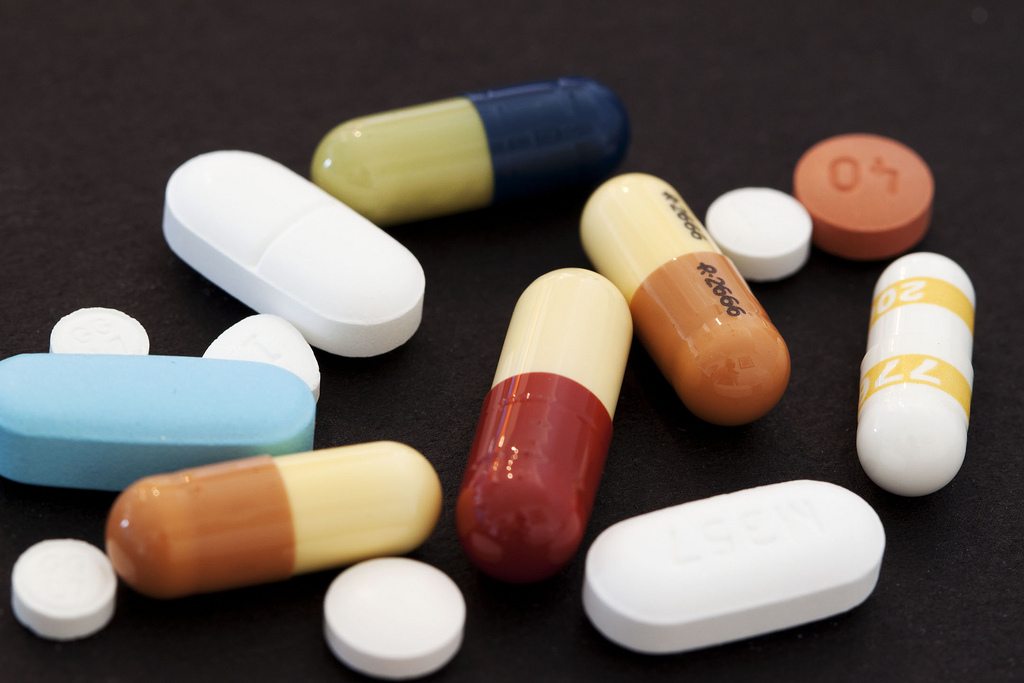Mind over matter – the placebo effect
For hundreds of years it has been widely accepted that our mind has the potential to impact our physical well-being. Symptoms of illnesses can be alleviated by what is known as, in medical terms, the placebo effect.
For example, a patient who believed they had been prescribed a painkiller may experience a reduction in pain, despite the ‘drug’ containing no treatment for their condition whatsoever. The importance our mind has with regards to our health should not be overlooked.
Throughout history, the placebo effect has been used as a way of treating various illnesses, when traditional medicine failed to have any positive effect on the patient. During the 18th century, Franz Mesmer made his career by performing ‘hypnosis’ and by collectively treating large groups of patients. He claimed that he had the power to cure those affected by mental illnesses and, as he became more well-known across Paris, his treatment seemed to work miracles on those who attended his circles.
Part of his treatment included the use of a large container filled with fluid, through which iron rods were passed; once in contact with the patient, the rods were said to drain away any symptoms affecting the individual. Today, it is common belief that the positive effects to the health these treatments showed were due to the placebo effect.
Mesmer’s popularity at the time and the fact that so many people were claiming that his treatment had worked would have caused many others to believe that they too would be cured – thus causing the symptoms of their illness to fade or disappear completely when they experienced the same ‘treatment’.
Nowadays, doctors are much more aware of the effects which can be caused by our expectations of a certain treatment. The problem we now face is deciding whether prescribing placebos to the general public is immoral.
Are the potential benefits a placebo may have more important than the patient knowing exactly what they have been prescribed?
A large proportion of healthcare professionals have admitted to prescribing over-the-counter vitamins and other compounds, with the belief that they would produce the placebo effect and indirectly help treat the symptoms of whatever condition the patient was suffering from. Many would argue that this is an unethical approach to medical practice as it could be seen as a form of deceiving the patient, regardless of whether it has any positive effects on their health or not.
Studies have been carried out to investigate the placebo effect on patients who have been informed that they have taken a placebo. Explaining to the patient about how the placebo effect works and the effects it may have on the body will avoid the patient feeling lied to. You would be led to believe that being aware of the fact you are taking a placebo, which contains no substance known to help improve health, would completely remove any chance of experiencing any improvement to your health via the placebo effect.
In fact, placebo studies on patients suffering from irritable bowel syndrome (IBS) have proved otherwise. The patients were openly told that they were being given a placebo and that any positive impacts to their health would be purely due to their own expectation that their health would improve. Despite this, the placebo effect proved to be approximately 20 percent more effective than if the patients had received no treatment whatsoever. This is good news as it shows that patients need not be deceived in order to reap the benefits the placebo effect may have on their health.
The role the placebo plays in our health doesn’t have to be confined to just medical practice. Other aspects of our everyday life may benefit in a similar way. If we can convince ourselves that something we do will help bring about a positive outcome then this outcome may be more likely to occur – due to our own belief that it will.
As students, we could use this to our advantage in a number of ways. For example, believing that another cup of coffee will give you the energy to stay up late and study harder may dupe your body into believing it has more energy than it actually does. There are multiple ways that we could incorporate the placebo effect into our daily lives as well as it potentially having a significant benefit on our current medical treatment.

Comments